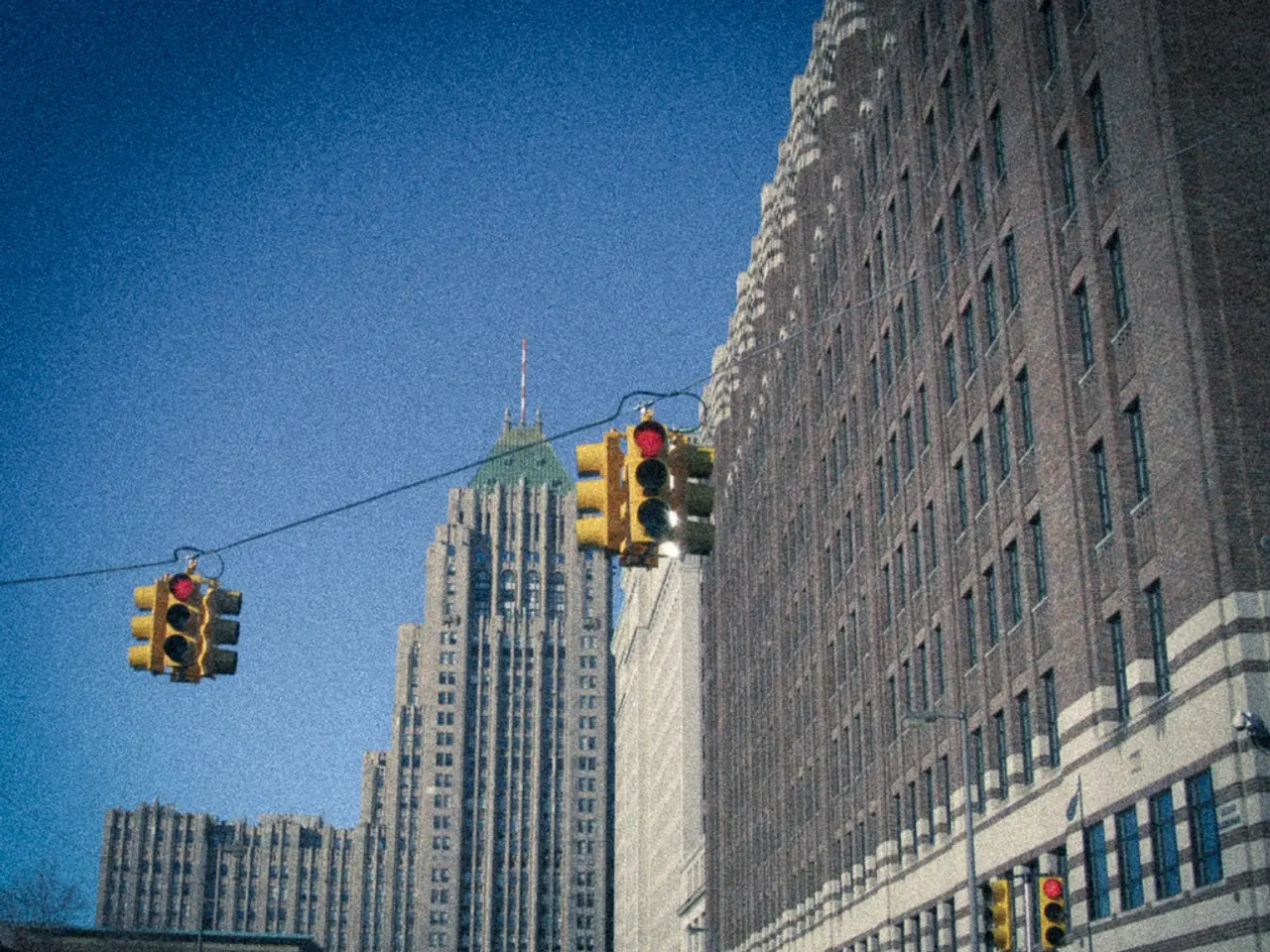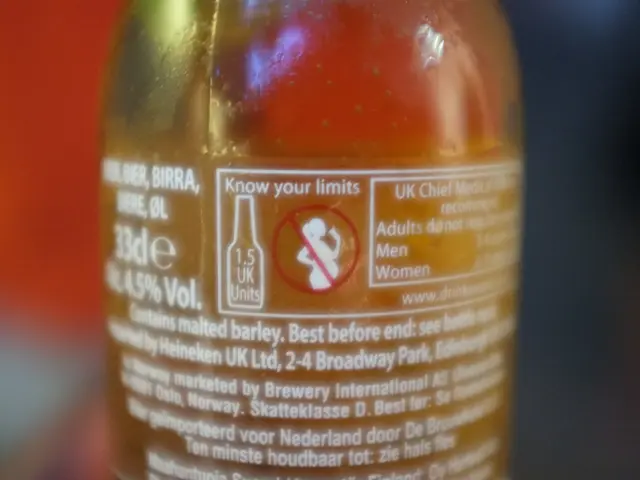Madrid's LEZ Cuts Pollution, but Retail Sales Dip
Madrid Central's Low Emission Zone (LEZ), introduced in late 2018, has shown mixed impacts on the city's economy and environment. While it significantly reduced pollution and congestion, it also led to a decline in retail sales and protests against similar initiatives in other cities.
The LEZ, which restricted vehicle access to certain areas, initially caused a dip in brick-and-mortar spending by non-residents, with retail sales decreasing by nearly 21%. This led to reduced foot traffic and revenue losses of up to 10-20% for local businesses. However, online spending in the same area increased by 12%, partially offsetting these losses.
The LEZ's environmental impact was notable. It led to a nearly 19% reduction in pollution and a 16% decrease in congestion. This success has encouraged other cities like Berlin, London, Milan, and Stockholm to implement similar measures. However, LEZs have faced resistance, with protests in London against expansions of the Ultra Low Emission Zone (ULEZ). Policymakers are advised to consider initiatives to protect retail businesses and improve public transportation when implementing LEZs, as approaches vary among cities.
The Madrid Central LEZ's impact on the city's economy and environment is complex. While it has significantly improved air quality and reduced congestion, it has also affected local businesses. As more cities adopt measures to lower air pollution, understanding and addressing these impacts will be crucial for successful implementation.
Read also:
- Deadly addiction: strategies for smoking cessation to live longer
- Magnesium-Rich Beverages: Origins, Advantages, and Potential Hazards
- Chinese Rare-Earth Mining Endangers the Mekong River's Integrity
- Deteriorating munitions are submerged in the Baltic Sea, and Germany aims to retrieve them before it's too late.







